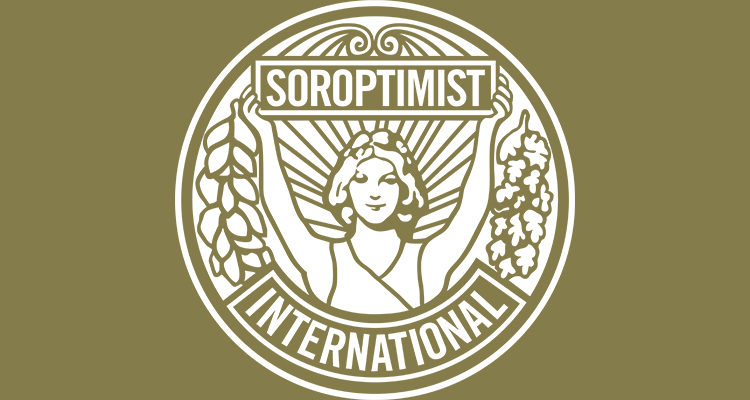A blog by Rina Dupriet, as she joined fellow SI UN Representative, Evelyne Para at the United Nations Educational, Scientific and Cultural Organisation (UNESCO) event ‘Youth Voices and the Future of Artificial Intelligence: Towards a Human-Centred Approach’, in Paris.
“The two panels were organised by UNESCO. The first panel was about “Developing Principles for A.I.”, the second panel was titled “From Principles to Practice’. This event was interesting to follow because it enabled us to make important reflections on the promises and the threats of Artificial Intelligence (A.I.). The most important reflection came from Audrey Azoulay, the Director General of UNESCO, who encouraged us to make the most of A.I. She explained that Artificial Intelligence could help humanity overcome many of the serious problems it faces. But at the same time, A.I. presents a series of complex challenges, particularly in terms of ethics, human rights, and security. Yet, no international ethical framework that applies to all A.I.’s developments and applications currently exists. An international regulatory tool is necessary!
Why is UNESCO interested in AI?
The experts are unanimous: humanity is on the threshold of a new era. Artificial Intelligence will transform our lives to an extent that we cannot imagine. Artificial Intelligence has many applications in fields as varied as health, education, culture, security, defence etc.. Many countries are now investing massively in A.I. and becoming the actors of this “Fourth Industrial Revolution”.
What are the risks?
If A.I. is a fantastic opportunity, it’s also a threat because automation and digitalisation create new imbalances. They can decrease diversity in cultural industries disrupt the labour market, create job insecurity, and increase disparities between those who have access to these new technologies and those who are deprived of them.
The main role of UNESCO for A.I.
One of the challenges for Member States is to have sophisticated cutting-edge engineering materials and adequate human resources-scientists and engineers. Through its different centres for education and training in science, technology and innovation, its global observatory of science and also its international basic science programme, UNESCO is able to provide support and reduce disparities between countries. UNESCO has a significant role to play in these changing times. Moreover, A.I.’s applications directly affect the organisation’s areas of expertise.
If UNESCO would like to make the most of the possibilities offered by A.I. to the world, it’s necessary to ensure that A.I. serves humanity with respect for human dignity and human rights. UNESCO has a responsibility to lead a universal and enlightened debate, not a technical debate but an ethical one, in order to enter this new era with our eyes wide open and without sacrificing our values to make it possible. Member States should aim to establish a global foundation of ethical principles in respect of A.I.”


This is an enlightening report which has provoked much thought and concerns for our future Soroptimist activities.
Essential reading and follow up.
Thank you